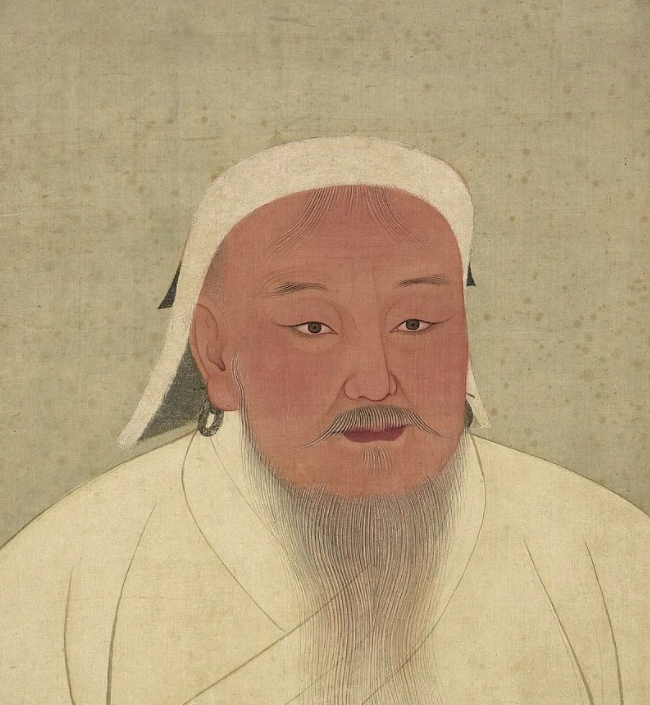Genghis Khan-Tie Mu Zhen
Bo erzhijin Tiemuzhen (1162-august 25, 1227), honored as "Genghis Khan", is a native of qiyanbu of Mongolian nationality. He was born in the upper reaches of munan River (now Nen River) in Mobei (now Kent Province, Mongolia). Khan of great Mongolia (reigned from 1206 to August 25, 1227), an outstanding strategist and politician in world history.

Tiemuzhen lost his father in his early years, was expelled by hostile tribes and went to the Kremlin. Later, he was elected as the Khan of the Mongolian Qiyan department in 1189. After a series of wars, he basically unified the ministries of the Mongolian Plateau in 1204. In 1206, the great Mongolia was established in the source of the good offices River, namely the throne of emperor (Khan). After the founding of the people's Republic of China, the 1000 household system was implemented, the guard army was established, and the great Zaza was promulgated. After many foreign wars, he occupied a large area of the territory of the Jin Dynasty in East Asia and destroyed the Western Xia, Western Liao and huarazimu in Central Asia. His conquest footprint reached as far as the coast of the Black Sea. On the eve of his death in 1227, Tiemuzhen died of illness. On his deathbed, he decided on the strategy of "uniting the Song Dynasty and exterminating the Jin Dynasty". After his death, he was secretly buried in Qinian valley. After the establishment of the Yuan Dynasty, Lei gave the posthumous title of emperor fatian Qiyun Shengwu and the temple name Taizu.
Tiemuzhen is a highly controversial figure. Since its rise, it has been regarded as a barbaric and cruel aggressor. Since modern times, there are also views that the foreign conquest war launched by the Mongolian Empire under the leadership of timuzhen and his successors has promoted the interaction between Eurasia and had a far-reaching impact on the subsequent process of world history. In addition, his war of unification against Mongolian ministries played an important role in the formation of Mongolian national community. Tiemuzhen is still regarded as a national hero by the Mongols and has become the national symbol of Mongolia.